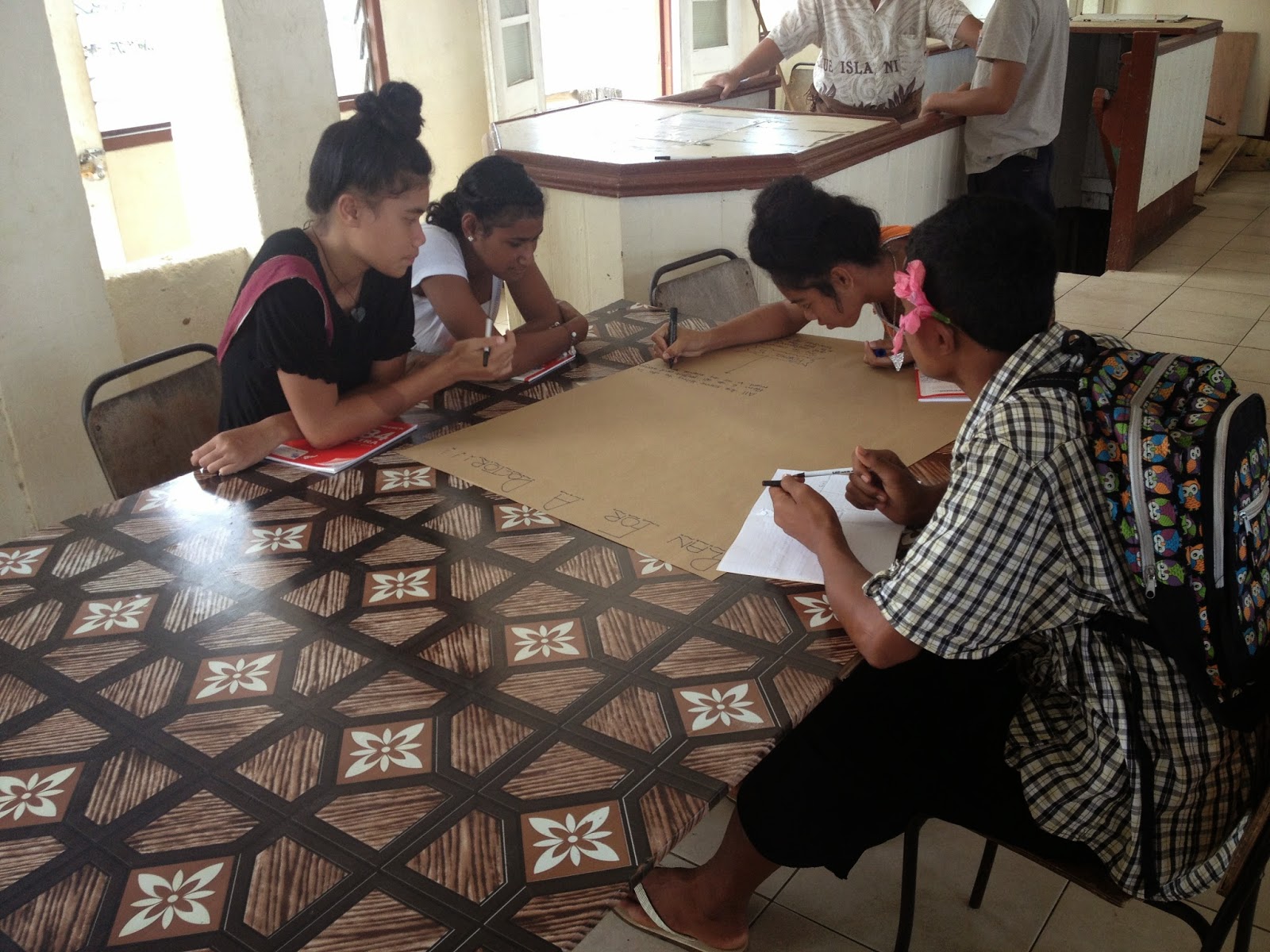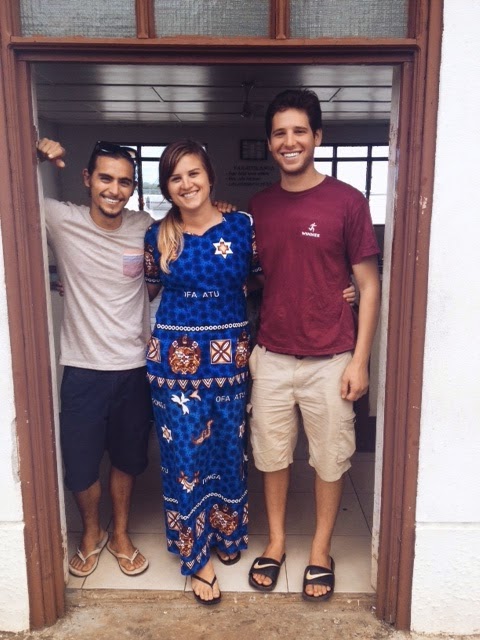Almost 5 months to the day
since two other volunteers and I ran Camp Grow & Glow in December 2013,
time and circumstances have perfectly coincided to create the subject of this
post. For the first time since the end of the camps, we ran a formal meeting
with our former campers to discuss how the students have used what they learned
during Grow & Glow in their schools and communities. Before I get to the
meeting, however, I must first backtrack.
Though hard work still remains
in the future, we have already begun to prepare for the 2014 edition of the
camps. Working with the new group of volunteers whom we hope to train, elicit
good ideas from, and groom to take over the camps next year once we are gone,
several volunteers and I hope that we have laid the groundwork for the future
of the camps. We have spoken with the high school principals to discuss how the
camps went last December as well as our plans for the future. We are close to
submitting our grant proposal so that we can receive donations for this year’s
camp, and we have continued to grow relationships that we believe will prove
beneficial both for the camps and the campers.
This past weekend, however,
marked a special moment for us, and the start of what we hope will become Club
Grow and Glow, where our campers will serve as role models and leader in their
schools and villages by teaching what they learned to the male and female youth
of Vava’u in a more organized setting.
While I have seen most of my
campers in the past several months, my interactions with the boys and girls
have always been casual and rather quick – more of a 5 minute “hey, how are
you,” conversation than a serious dialogue. On Saturday, we rectified that
situation, as Mandy, Joey, and I brought our Grow and Glow campers to a hall in
town to see how their lives have changed since December and to determine if the
lessons they were taught during the program stuck.
After our counselors lead an
hour long session that began with groups discussing important topics, such as
leadership, goal setting, academic and professional achievement, and healthy
lifestyles and ended with the campers presenting their findings, we had a
speaker come in to talk the kids about the importance of long term planning and
community involvement. The campers did a terrific job evaluating the important
point on these topics, and were extremely impressive presenting the outcomes of
their conversations to the rest of the group.
Once the work was done and much
to the campers’ delight, food was brought in, allowing everyone to enjoy each other’s
company in a more casual way. The campers, with only a hint of a smile on their
faces, often tell me that the food is the best part of the camps, and on this
point they were again not disappointed during the meetings as we had plates of
fish, chicken, pasta, and root crops catered from the same family who supplied
our food during the camps brought in. It was delicious, and definitely gave our
meeting a more Tongan flavor.
Saturday was a special day for
Mandy, Joey, and I. Seeing our kids in one place for the first time in 2014 and
observing how much they have grown since the camps and remember its teachings
was a profound experience for the three of us. I felt an almost overwhelming
sense of pride – not in what we had accomplished but in how impressive the
campers are and will continue to be. The cliché says that the children are our
future, and looking around at these young women and men standing beside me, I
felt a strong sense of optimism for Tonga’s future. I have never been prouder
to serve as a Peace Corps volunteer in Tonga, and play a very small and highly
enjoyable role in promoting the countries’ future. I can’t wait for Camp Grow
& Glow 2014 in September.
Thanks for reading and enjoy
the photos from our meeting.
Demonstrating a long term plan for how to become a doctor
Our guest speaker Puke discussing the importance of community involvement
Joey, Mandy, and I happy to see our campers
(Thanks for the photo Mandy)






















.JPG)
.JPG)

.JPG)
.JPG)
.JPG)
.JPG)





